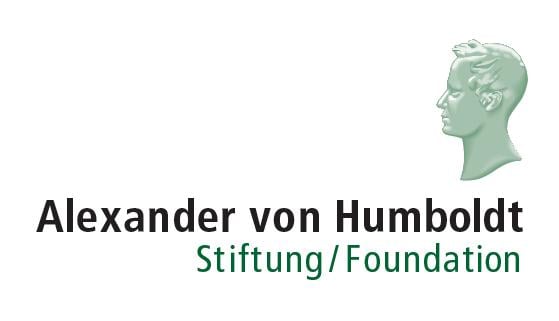Application Deadline: 1st March 2018.
With the International Climate Protection Fellowships, the Alexander von Humboldt Foundation enables prospective leaders in academia and industry to implement a research-
based proposal in the field of climate protection or climate-related resource conservation during a one- year stay in Germany. Up to 20 International Climate Protection Fellowships are granted annually, funded under the German Federal Ministry for the Environment, Nature Conservation, Building and Nuclear Safety’s (BMUB) International Climate Initiative.
The fellowships target prospective leaders from non-European transition and developing countries (see list of countries). Candidates draw up their own research-based proposal which they then implement in collaboration with a host in Germany . The Alexander von Humboldt Foundation runs the programme in cooperation with the Federation of German Industry (BDI),
the Centre for International Postgraduate Studies in Environmental Management (CIPSEM)
at TU Dresden, the German Academic Exchange Service (DAAD), the Deutsche Bundesstiftung Umwelt (DBU), the Gesellschaft für Internationale Zusammenarbeit (GIZ) and the Renewables Academy AG (RENAC).
Target group:
Those applying for this programme must be working in the field of climate protection or climate-related resource conservation; they should have proven leadership skills, which must be convincingly demonstrated in the application and supported by appropriate references.
In addition to applicants with a background in the natural and engineering sciences, candidates who have been engaged in legal, economic, health- related and societal issues relating to climate change are encouraged to apply for this programme.
Application requirements:
• First university degree (Bachelor’s or equivalent), completed less than 12 years
previously, counting back from the end of the application period (1 March 2017 )
• Leadership skills demonstrated by initial experience in leadership positions and/or appropriate references
• Extensive work experience (at least 48 months at the time of application) or a
successfully completed doctorate in the field of climate protection or climate- related resource conservation
Scientific publications (for post -doctoral applicants) in peer-reviewed journals according to international standards
• A detailed statement by a host in Germany, including a mentoring agreement; details of the proposal must be discussed with the prospective host prior to application
• Citizenship of a non-European transition or developing country (see list of countries) which is also the applicant’s habitual residence and place of work
• Very good knowledge of English and/or German, documented by appropriate language certificates
• Two expert references by individuals qualified to comment on the candidate’s professional, personal and, if applicable, academic eligibility as well as his/her leadership potential.
Requirements
Submit an application, if you
- are a future leader from a non-European transition or developing country (see list of countries)
- are active in any of the following areas: scientific, engineering-based, legal, economic, health-related or social aspects of climate change
- are interested in spending a year working with a host of your choice in Germany on a research-based project you have developed yourself in the field of climate protection and climate-related resource conservation
Benefits:
- a monthly fellowship of between €2,150 and €2,650, depending on your qualifications
- individual mentoring during your stay in Germany
- additional financial support for items such as family members accompanying you, travel expenses or a German language course
- a three-week introductory phase, during which you will have the opportunity to make contact with other climate protection fellows and visit companies, research institutions and cultural events in Germany
- extensive alumni sponsorship, particularly to help you sustain contact with collaborative partners in Germany during your entire professional career
Timeline:
- January, February 2018: intensive German language course
- March 2018: introductory seminar at several locations in Germany
- April 2018–February 2019: work on research-based projects
- June (tbc) 2018: Alexander von Humboldt Foundation’s Annual Meeting, including reception held by the President of the Federal Republic of Germany in Berlin
- Autumn 2018: study tour lasting several days
- January/February 2019: final week, including reception held by the leadership of the Federal Ministry for the Environment, Nature Conservation, Building and Nuclear Safety
For More Information:

